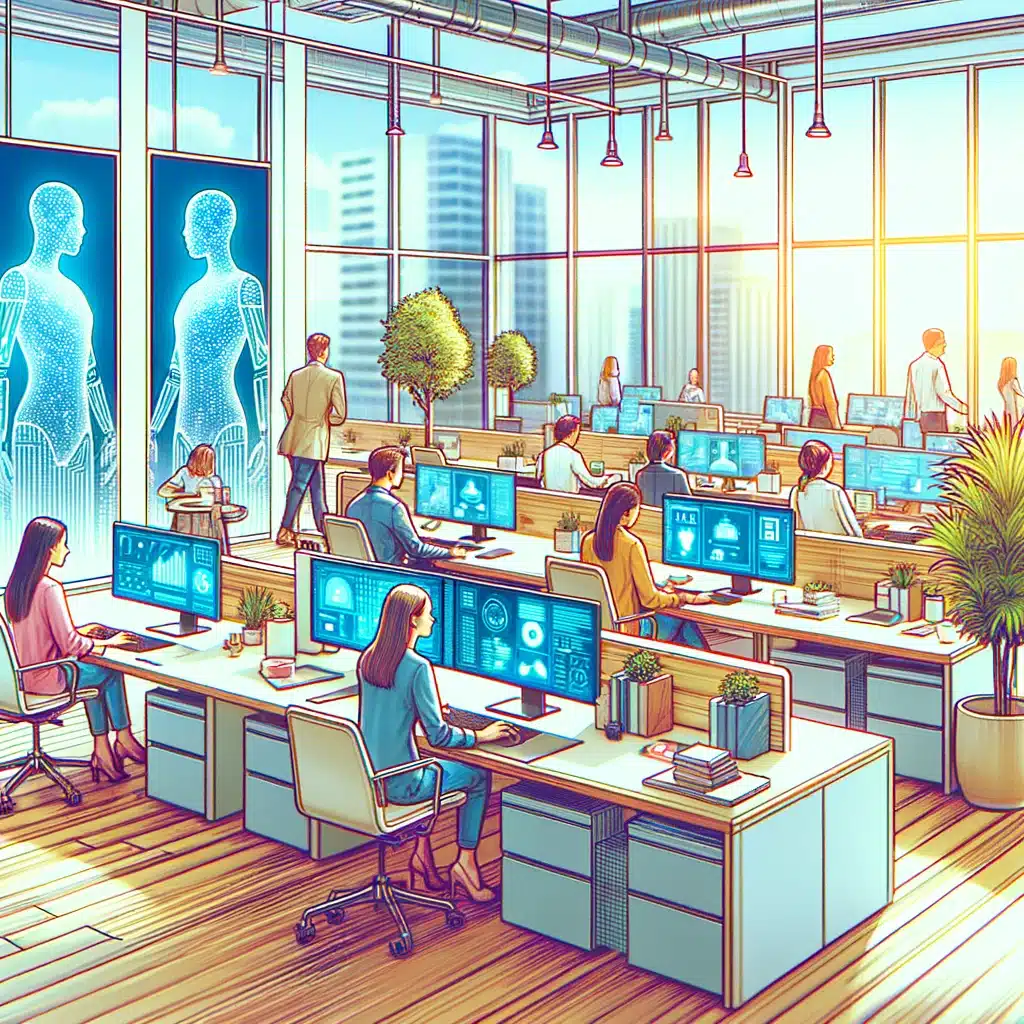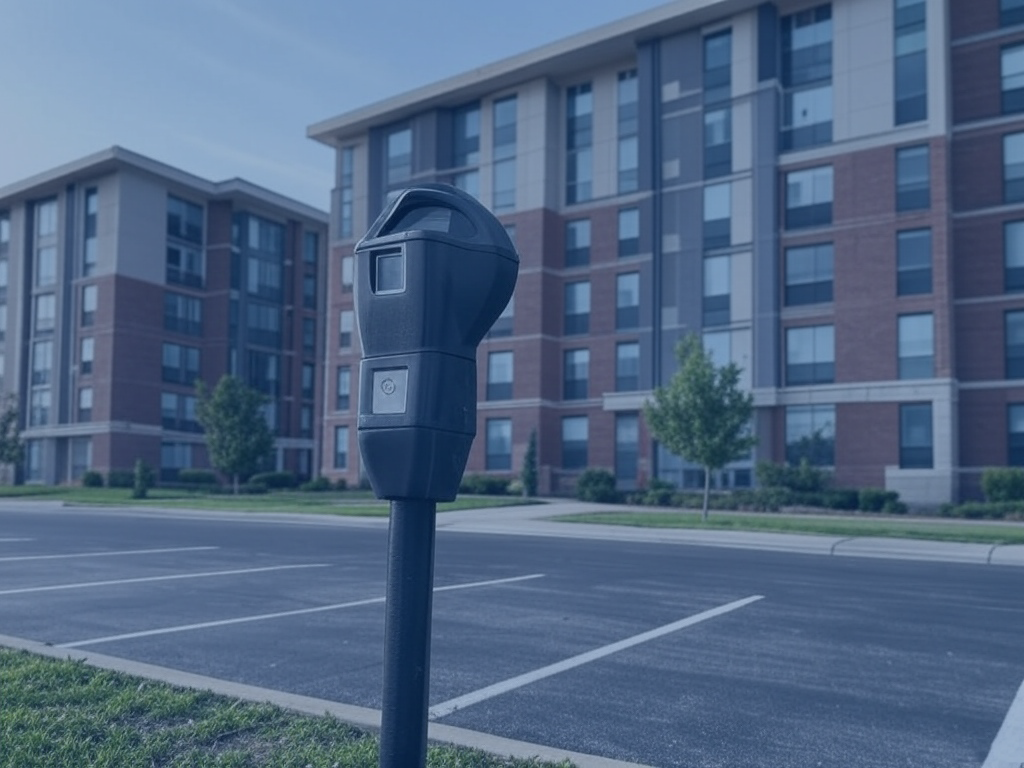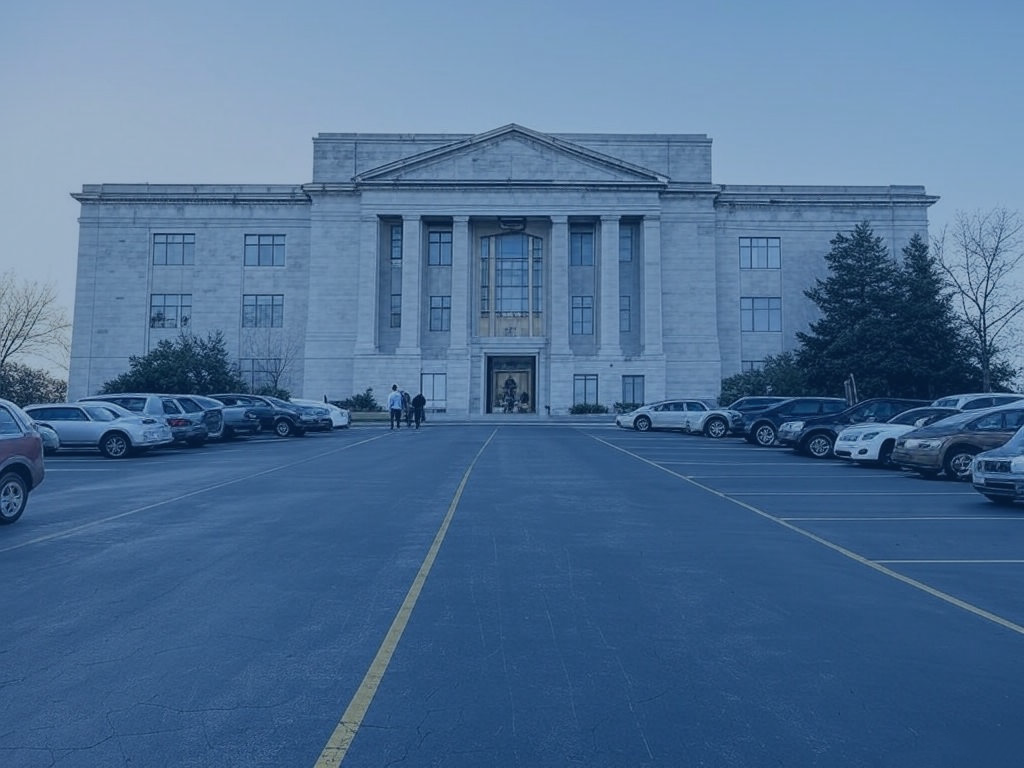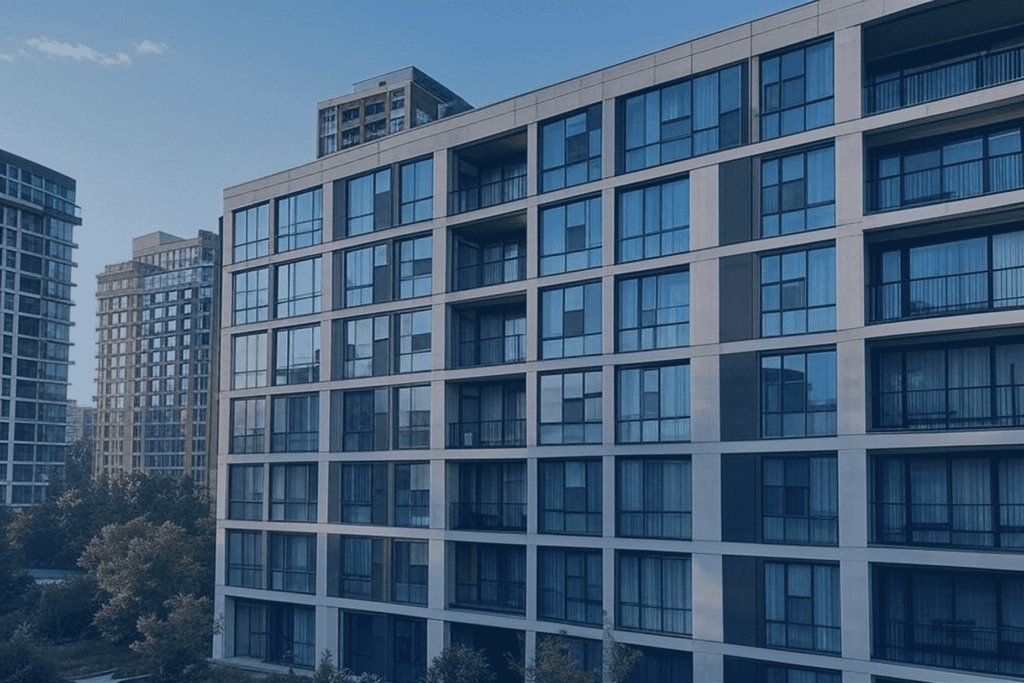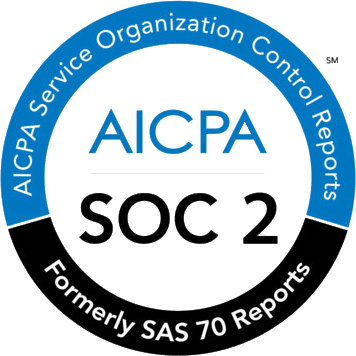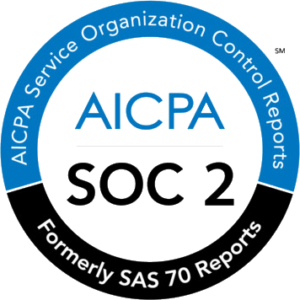The technological transformation of the modern workplace is not just imminent; it’s already underway. Offices are no longer just physical spaces; they are evolving into integrated, flexible, and technologically advanced environments.
Part of this transformation is the continued prominence of AI technologies and their ever-growing hype, in every single industry and sector. Luckily, workplace management is no different. There are dozens of tools popping up promising to change your workspace for the better.
According to a recent Microsoft survey, 70% of workers would delegate as much as they can to AI tools.
However, this seismic shift brings us to a critical juncture in how we manage our offices and how we work:
Is your workspace ready for this AI revolution?
Table of Contents
ToggleThe Dawn of Flexible and Mobile Workspaces
Central to the future office is its unprecedented flexibility. This adaptability caters to various working styles and schedules, crucial for a dynamic and inclusive environment. Hybrid work models, gaining prominence in recent years, underline the importance of such flexibility.
Intuitive systems that enable easy reservation of desks, meeting rooms, or parking spaces can make workspaces highly responsive to employee needs, propelling productivity and comfort.

Technology Integration: A Cornerstone of Modern Efficiency
Technology’s role in the future office goes far beyond the scope of traditional digital tools. Think smart lighting, automated booking systems, and more — these are the new standards of an efficient work environment. When technology is seamlessly integrated into every aspect of the office, it not only enhances efficiency but also elevates the overall employee experience.
Sustainability: A Key Pillar of Future Workplaces
Sustainability in office design is no longer optional; it’s imperative. Eco-friendly practices and reducing carbon footprints have become crucial elements in building a healthy workspace. Solutions that focus on optimizing resource utilization contribute significantly to energy conservation and waste reduction, aligning with global corporate responsibility goals.
The Rise of Personalized Workspaces
In this new era, personalizing the office experience is vital. It’s about fostering relationships and providing employees with the flexibility they need.
Recognizing that individual comfort can significantly impact productivity and job satisfaction, modern offices are increasingly focusing on creating personalized workspaces.
Efficient Space Utilization: The New Normal
With fluctuating needs in a dynamic work environment, efficient space management becomes crucial. The goal is to ensure optimal use of office space, guided by insights and data. This approach not only accommodates diverse needs but also helps in avoiding unnecessary expenses.
In conclusion, as we stand at the cusp of this AI-driven revolution in workspace management, the question remains: are we ready to embrace these changes?
Wayleadr is answering this call, leading the charge towards a future where workspaces are not just spaces but dynamic, efficient, and sustainable ecosystems that put employee well-being at the forefront.
Discover more about embracing this transformation in Wayleadr’s latest eBook, “Shaping Tomorrow’s Workspaces: Unraveling the Transformative Impact of AI on Workspace Allocation.” Download it now to explore the future of workspaces that are ready for the AI revolution.
